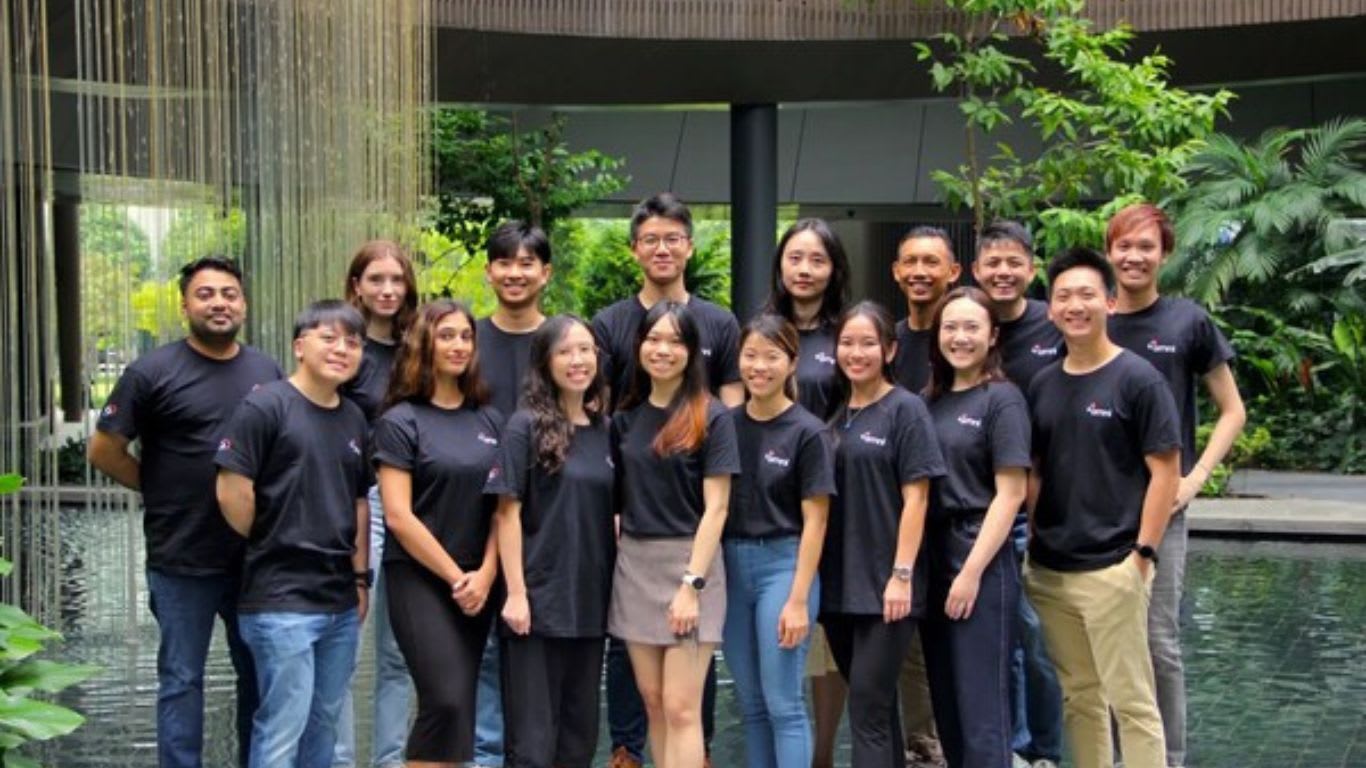The inquiry into why certain individuals opt to remain with the same company for extended periods is a matter of interest for many leaders. Shedding light on this intriguing phenomenon, a recent survey conducted by Apna.co has unveiled the underlying motivations and priorities of employees who choose to maintain long-term tenure within their organisations.
The survey, which garnered responses from 10,000 professionals across various sectors, was conducted online with a focus on understanding the job market dynamics ahead of the appraisal season. The findings unveiled a multifaceted landscape of factors that influence employees’ decisions to remain loyal to their current employers.
Career advancement opportunities: A key driver
One of the most significant revelations of the survey was that a majority of employees, approximately 54 per cent, prioritise career advancement opportunities over immediate job changes driven solely by remuneration. This emphasises that professionals are increasingly inclined towards seeking continuous growth and development within their current organisations rather than jumping ship for higher pay.
Beyond monetary compensation: Seeking fulfilment and freedom
While remuneration remains an important aspect, the survey highlighted that other factors also play pivotal roles in employees’ decision-making processes. Notably, 37 per cent of respondents expressed a desire for a sense of accomplishment and freedom in their roles. This underscores the importance of intrinsic motivators such as personal fulfilment and autonomy in driving employee satisfaction and engagement.
Global exposure and work culture: Influencing factors
Furthermore, the survey revealed that 21 per cent of employees are motivated by the prospect of taking up international assignments or engaging in work-related travel. This indicates a growing trend towards seeking diverse experiences and exposure to different cultures and markets.
Additionally, a significant portion of respondents, comprising 44 per cent, emphasised the importance of organisational work culture. This underscores the pivotal role that a positive and supportive work environment plays in fostering employee satisfaction and retention. Employees are increasingly seeking workplaces that prioritise inclusivity, collaboration, and employee well-being.
Nirmit Parikh, Co-Founder and CEO of Apna.co, emphasised the evolving aspirations and priorities of professionals in today’s dynamic job market. He noted that a substantial number of professionals are driven by factors such as career advancement opportunities, supportive work cultures, and opportunities for skill development.
The importance of leadership roles and training programs
Delving deeper into the survey findings, it was revealed that 54 per cent of employees value leadership roles and responsibilities within their organisations. Additionally, 40 per cent prioritise access to advanced training programs, while 36 per cent prioritise learning from industry experts or senior leadership. These findings underscore the importance of continuous learning and growth opportunities in retaining top talent within organisations.
Implications for organisational strategies
The insights gleaned from the survey underscore the critical importance for organisations to prioritise employee development, foster positive work cultures, and provide ample opportunities for skill enhancement and career progression. By aligning their strategies with the evolving priorities and aspirations of employees, organisations can enhance employee satisfaction, retention, and overall workforce engagement.










